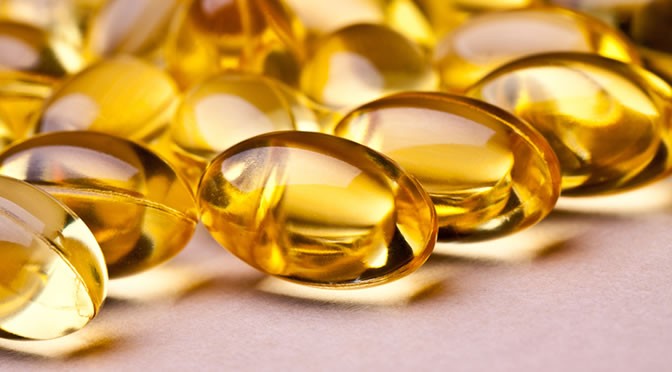The first study to highlight the dangers of excess vitamin D levels.
High levels of vitamin D have been linked to cardiovascular deaths by a new study.
The study highlights the fact that vitamin D levels should neither be too high or too low.
While the health problems caused by low levels of vitamin D are well-known, this is the first study to show the detrimental effects of high levels.
Professor Peter Schwarz, who led the study, said:
“We have studied the level of vitamin D in 247,574 Danes, and so far, it constitutes the world’s largest basis for this type of study.
We have also analysed their mortality rate over a seven-year period after taking the initial blood sample, and in that time 16,645 patients had died.
Furthermore, we have looked at the connection between their deaths and their levels of vitamin D.”
The study is published in the Journal of Endocrinology and Metabolism (Durup et al., 2015).
It found a link between increased risk of death and high levels of vitamin D.
Professor Schwarz continued:
“If your vitamin D level is below 50 or over 100 nanomol per litre, there is a greater connection to deaths.
We have looked at what caused the death of patients, and when numbers are above 100, it appears that there is an increased risk of dying from a stroke or a coronary.
In other words, levels of vitamin D should not be too low, but neither should they be too high. Levels should be somewhere in between 50 and 100 nanomol per litre, and our study indicates that 70 is the most preferable level,”
This is the first time a study has shown that high levels of vitamin D could be detrimental to health.
Professor Schwarz said:
“These are very important results, because there is such great focus on eating vitamin D.
We should use this information to ask ourselves whether or not we should continue to eat vitamins and nutritional supplements as if they were sweets. You shouldn’t simply up the dose to feel better.
We should only consume such vitamins in close coordination with our GP.”
Vitamin D image from Shutterstock
